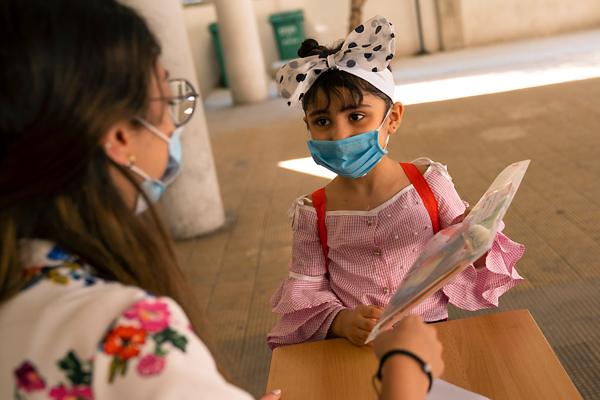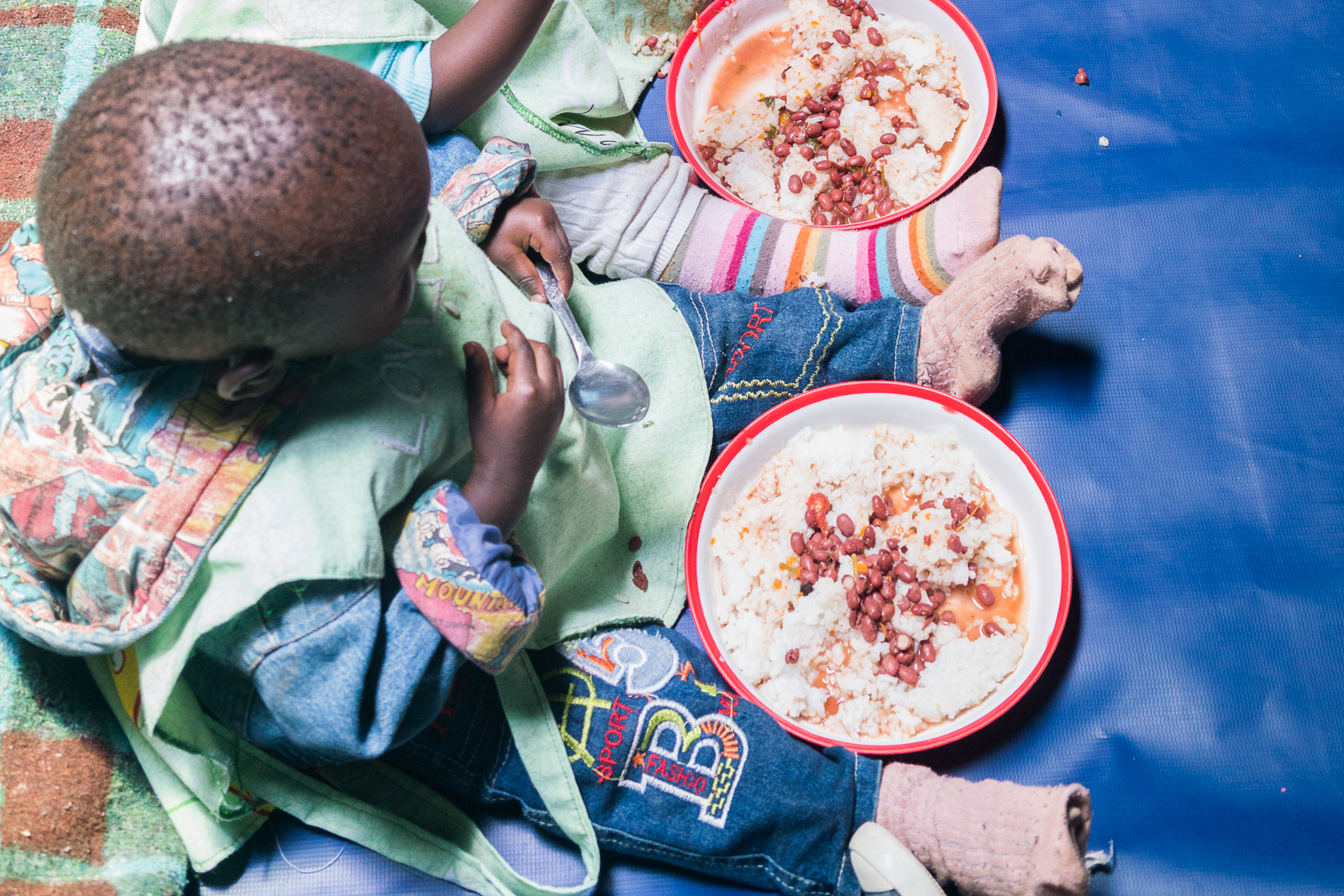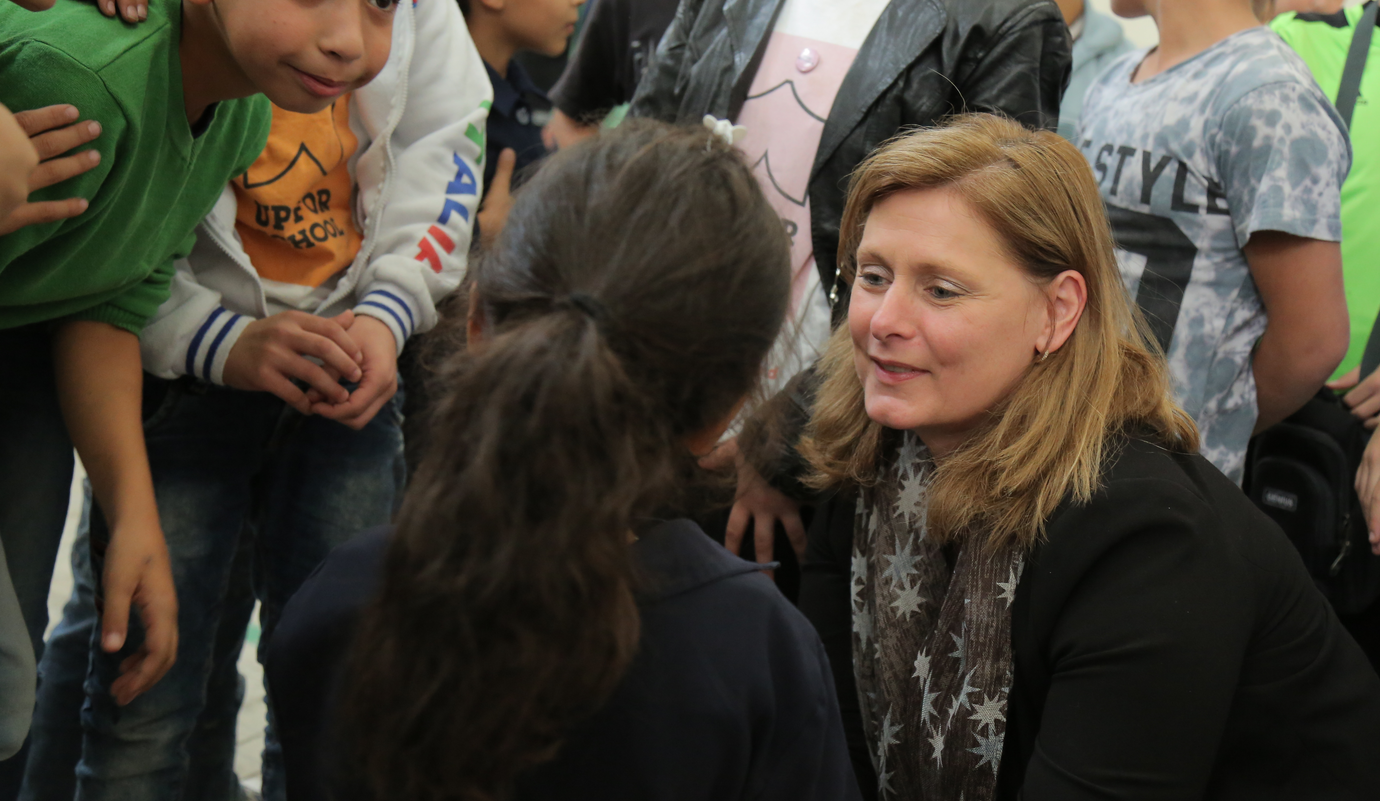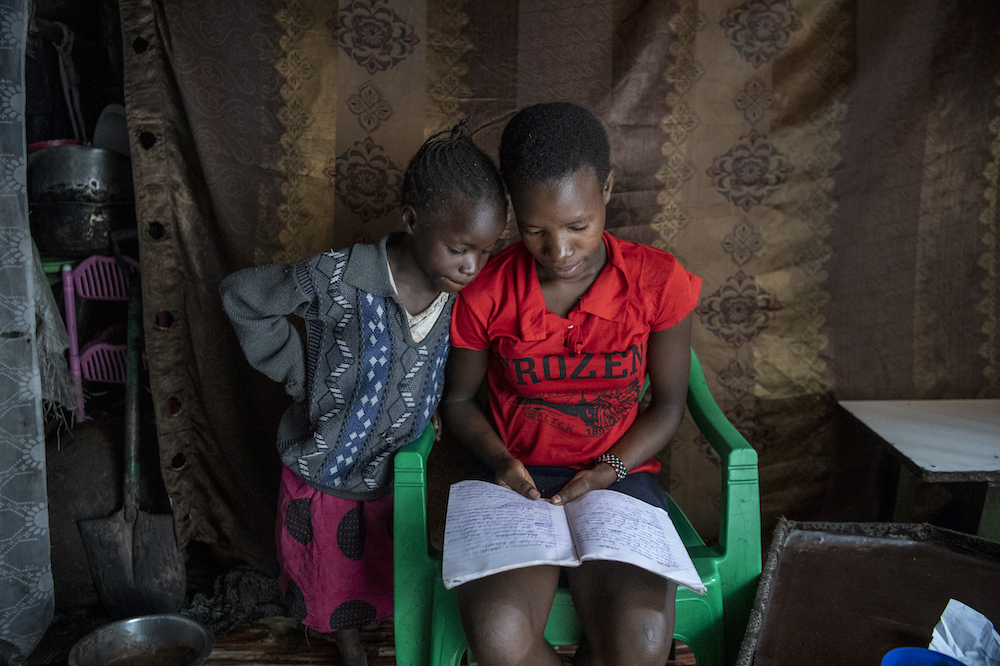
Threat to school meals for millions of Indian children
Barriers to education, Health and nutrition, Right to education
A free lunch every day has been vital in keeping many children in school across India - but the need for every child to have a biometric ID card may change that.
An Indian government initiative to tackle malnutrition by providing millions of schoolchildren with free lunch could be jeopardised if students are forced to obtain an identity card to get their meal, activists have said.
India has been providing lunch to roughly 120 million children enrolled in government schools for nearly two decades, in what is one of the world’s largest state-run food programmes.
But from June 30 students will need a biometric ID card to receive their rice and pulses – despite estimates that 200 million Indian children are not yet registered on the database.
The government says it wants to streamline its lunchtime delivery system but the move has puzzled those who thought the scheme was succeeding in keeping children in school and well fed.

School meal system
Since 1995, the Indian government has provided a free midday meal scheme in most states to help improve school attendance and provide adequate nutrition to potentially malnourished children.
It is served to 120 million children in 1.26 million schools.
“Instead of improving the delivery system it will actually create a barrier for children to access meals,” Dipa Sinha, who campaigns for a food rights charity, told AFP.
“The beneficiaries are bona fide students and every single meal is accounted for. There is no pilferage and all we need is to improve the quality, not exclusion.”
India spends nearly $2 billion a year on the scheme, which has a particular focus in rural areas where malnutrition rates are highest.
A global index last year ranked India the 22nd “most hungry” nation in the world, with the World Bank estimating it has the highest levels of childhood malnutrition, outstripping sub-Saharan Africa.
In a bid to weed out welfare cheats, the government has made it mandatory to produce unique biometric identity cards to receive cash benefits from dozens of state schemes.
The Supreme Court declared in 2014 that possessing such a card was voluntary but the case is ongoing.

Child nutrition (early childhood development)
More news

We need collective action to improve girls’ education: Theirworld Chair Sarah Brown
